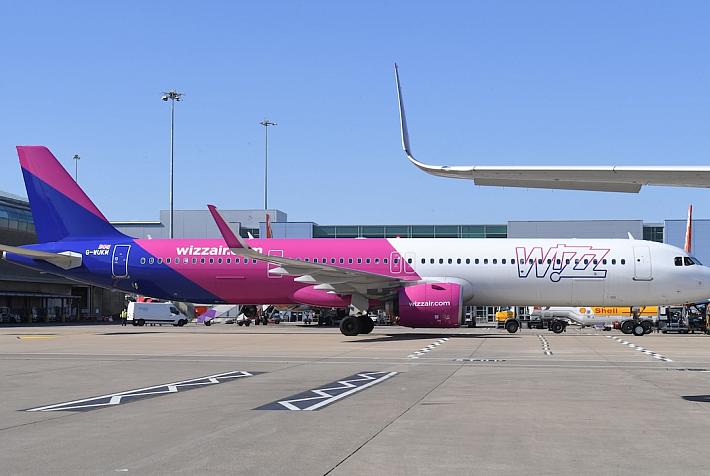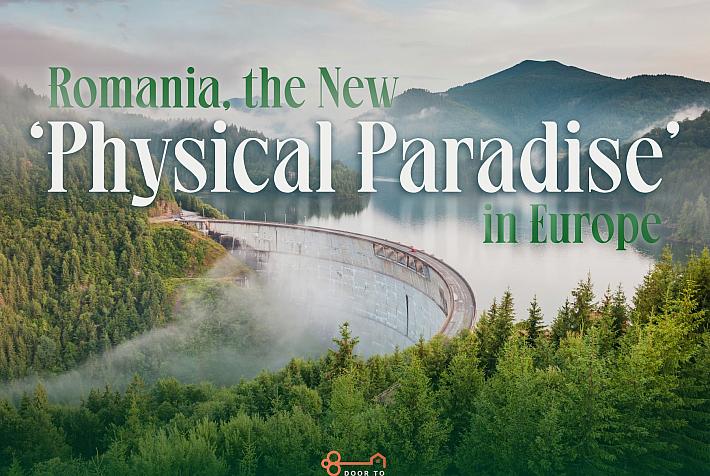Intercultural communications: corporate holiday parties in Romania


Guest writer Irina Budrina covers the struggles of organizing holiday celebrations in a multi-cultural corporate environment, while keeping everyone in the company happy.
We are in the middle of December and thus at the height of corporate Christmas Party season
It is a Christmas party in Romania (like in many European countries and in the US), it can be Hannukah in Israel or New Year Party in Russia. This is the easiest part – to celebrate the holiday with the company team according to the local traditions. What if your staff members come from different countries and you, as a manager, have to recognize this and please them all?
The holidays seem to bring diversity issues to the discussions about which celebrations to recognize - or not - and sometimes create conflict as people's deeply rooted beliefs about the individual versus the group, touch upon people's identities, precious traditions, and sense of the sacred. The ensuing clashes, complications and confusion can lead organizations to cancel holiday celebrations all together.
Is this approach the most effective response to the inevitable conflicts that occur?
Recently I had a client that approached me for help with communication issues within the company, and after talking with staff and conducting a survey, I identified some employee morale issues among the organization's challenges. One big issue was that leadership took away any mention or expression of any holidays to "avoid offending". This was not in response to any incident, it was introduced without a dialogue with staff. The organization is a social service agency providing humanitarian aid whose staff do difficult work for disabled people, so the many festivities around Halloween, Christmas, etc. had been real “light spots” in the life of deprived people and provided much-needed fun and important bonding for the staff.
Another example that can be given here; a new manager overseeing a department that was key in providing language and culture training services to a foreign organization here in Romania noticed a few small groups in the company - the religious minorities. Christian, a Buddhist and a Jehovah's Witness were completely separated from the Arabic influence. The manager had a feeling that this marginalization was symptomatic of a general trend of not really hearing or engaging "the others" which was problematic for a company dedicated to bridging differences. With the help of the outsourced expert four months ago, a dialogue was opened on how they could create a holiday celebration that was more inclusive of the traditions in the company and something everyone could participate in (ex., the Jevovah's Witness was never able to participate in any holiday celebrations, birthdays, etc). This created a clash because the Christians, which made up the majority of the group, felt they had an obligation and a right to be able to celebrate Jesus' birth, and doing anything else felt like they were denying that or taking the "real" meaning away from the occasion. In the end, a very nice party was organized, but only a third of the employees attended, since it wasn't "mandatory to attend'.
These stories can illustrate extreme positions of organizations -- "doing" diversity and inclusion can be HARD work, and many companies lack the time, will, and the especially skills, to do this work and have these conversations.
The first company in my story had good intentions, but took the easy way out of a hard, potentially messy conversation with staff in which they could have explored (in a collaborative way) possible approaches, solutions, and alternatives.
The second company did not have enough time to build up sufficient trust and positive relationships with staff to suggest such a change.
To sum up, the conflict over holidays isn't necessarily the actual problem, but one symptom of our fear or struggles to think creatively and problem solve together. Shutting down the conversation doesn't make it easier or make it go away. It makes it go subconscious where things get much trickier to deal with.
Diversity and inclusion should enrich, not sterilize. It should expand, not constrict. It should say "both/and" instead of "either/or".
People are hungry for meaning in their lives and work, and holidays and celebrations are a vital way for people to bond, celebrate, and find satisfaction. Taking away the sacred does not enrich, expand, or "both and". It's an ineffective approach to pluralism...and to fear.
Best wishes to all of you in the New Year!!
By Irina Budrina, Guest Writer
(photo source: Photoxpress.com)















